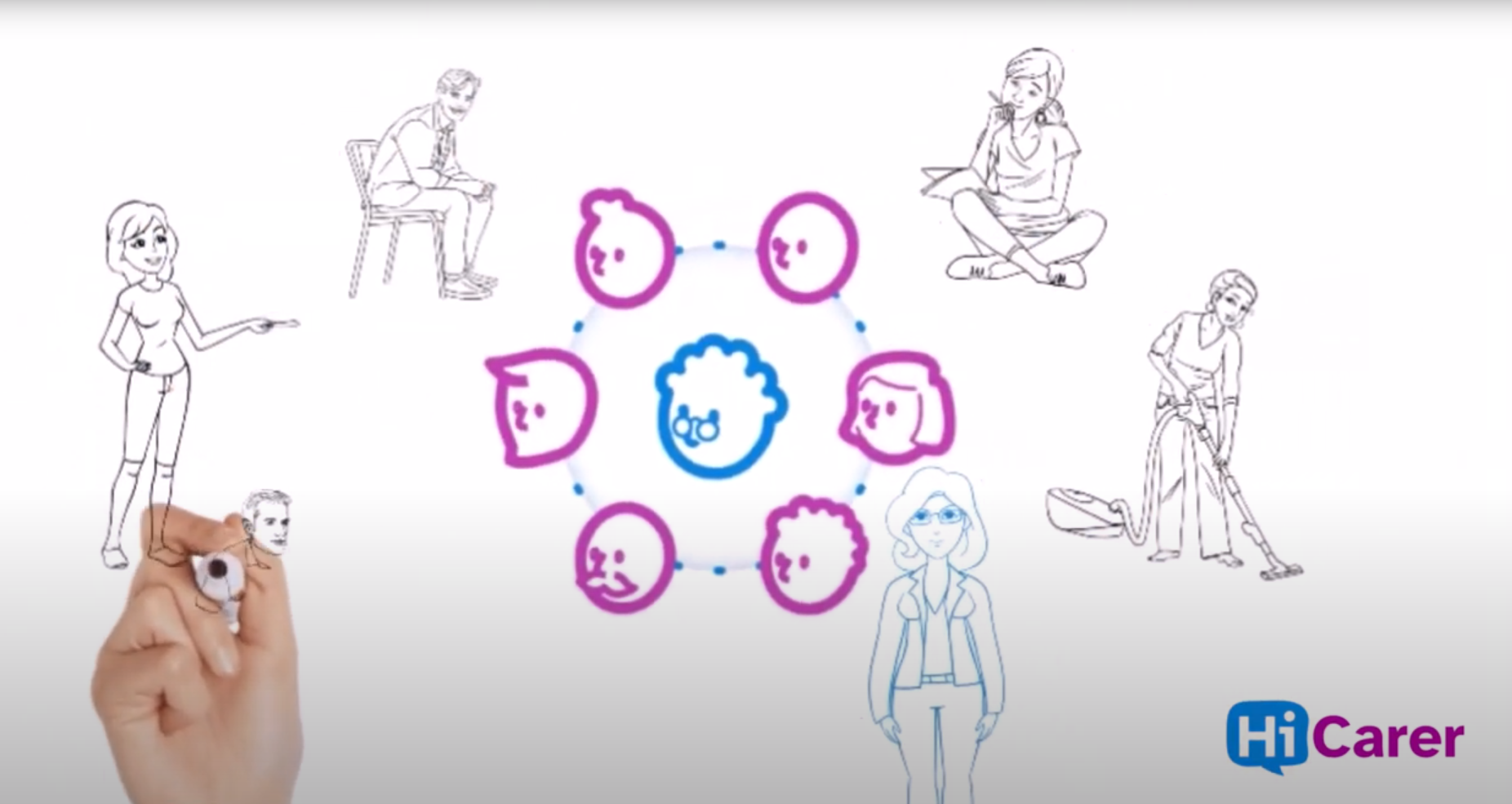Take Control of Your Care Needs: Why Waiting is No Longer an Option

We all want to be able to live our lives with independence and dignity, regardless of age or health. However, for many individuals and their families, navigating the world of care and support, and especially care needs assessments, can be both confusing and intimidating. Here at HiCarer, we believe there is a way to make this process simpler, easier, and available to all.
The Impact of Loneliness
Often huge life changes happen very quickly, a serious illness is diagnosed, a fall happens, a stroke alters the way you live your life. For others, it may be that the Christmas visit, which shows you ‘mum’ is just not coping as well as she used to. Whatever the situation that leads to the need for care, it’s vital to try and understand the needs and wants, before putting in a solution. There’s where a Care Needs Assessment comes in.
Most people address emerging needs as they become apparent, others approach their Local Authority for help. However, with local authorities overwhelmed, resources stretched, and self-payers of care receiving little help, assessing need can feel overwhelming. At present, hundreds of thousands of individuals are waiting for Local Authority Care Needs Assessment, with most LA’s focusing on cases involving abuse or neglect, people being discharged from hospital, or those requiring short-term residential care.
The Care Act 2014 enables supported self-assessment, which allows individuals to be supported to undertake their own needs and wants assessment. The great thing about this process is that it puts the individual at the center of decision making and allows them to make choices about how they want to be supported or what type of support would best suit their circumstances. Yet without proper guidance, it’s hard to figure out where to begin. Self-payers face the same issue; they are trying to determine what is right for them, but need help to express it in a way that helps them.
What should be included when looking at Care Needs
When examining care and support needs, it's essential to consider the realities of everyday life. All too often a care needs assessment misses out small but vital details, for instance;
- “yes mum can go to the toilet unaided” but it turns out that although she can go to the toilet unaided she can’t actually get to the toilet without help.
- “yes dad can prepare a sandwich himself” but he won’t actually remember to make the sandwich without prompting, and his walker means that he can’t carry it anywhere to enable him to eat it comfortably
Tasks need to be broken down into all the activities, personal care, housework, safety, eating, drinking, shopping, and importantly it needs to include social activities. Only when all of these are covered can you start thinking about how to meet those needs.
That's where HiCarer’s ‘What You Need Tool’ comes in handy! It helps you understand the wide range of care and support needs and enables you to produce a document addressing those requirements to present to the local authority or form your own Care Circle.
In an imperfect world, one of the most powerful strategies for improving our wellbeing is taking charge of our own care and support needs. HiCarer believes that with the right tools, at the right time, we can simply the process so that you can be in control of the care and support needs you, or your family member has.

 By
By


